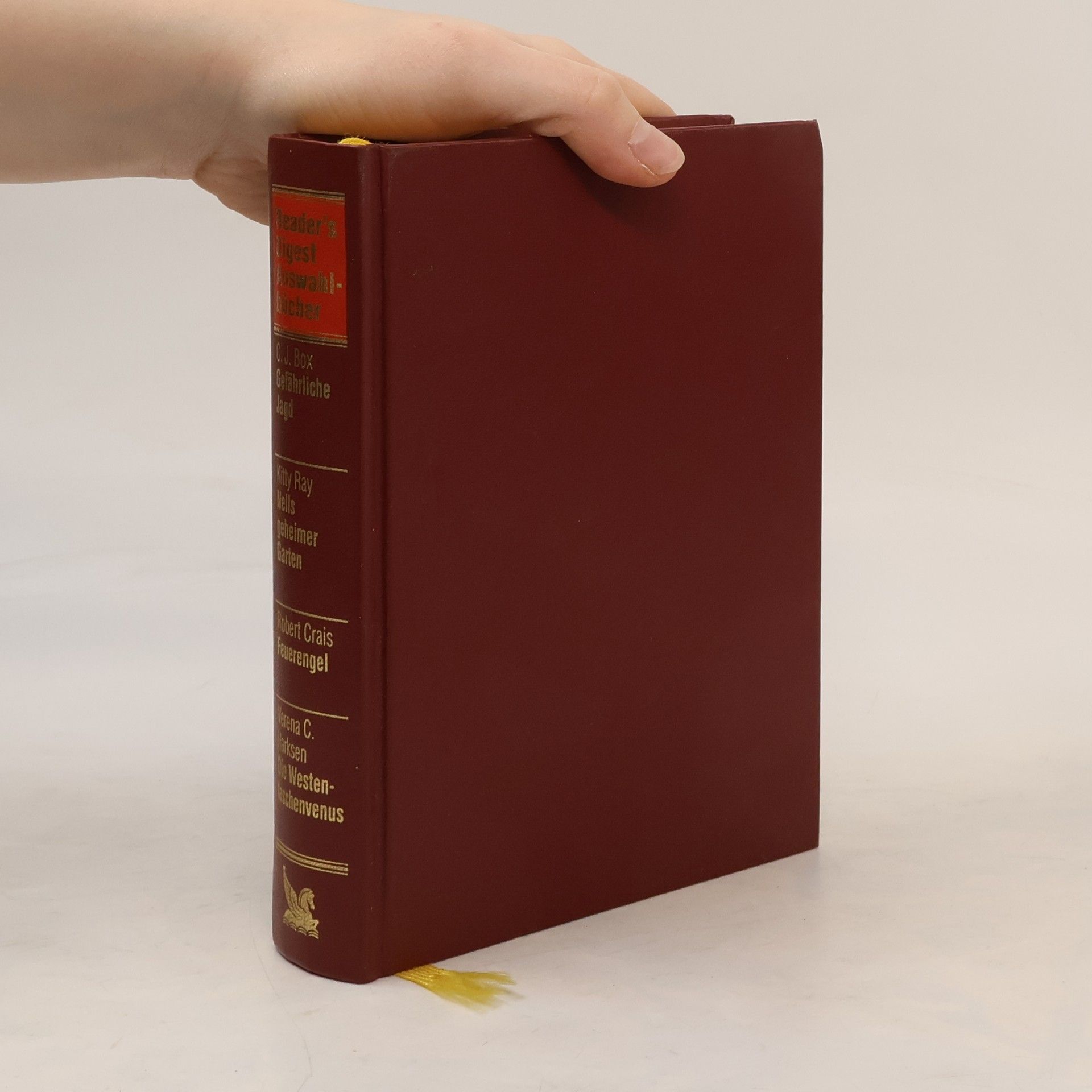To Sir, with Love
- 189bladzijden
- 7 uur lezen
A negro teacher takes a position at a difficult school in London's East End ; This title is also availble as a film___
De literaire bijdragen van E.R. Braithwaite zijn diep geworteld in zijn verkenning van sociale omstandigheden en raciale discriminatie. Geconfronteerd met carrièreobstakels vanwege zijn status als etnische minderheid, maakte hij de overstap van fysica naar schrijven, waarbij hij zijn ervaringen gebruikte om de uitdagingen van het buitenstaanderschap te belichten. Zijn werk volgt vaak een autobiografische aanpak en biedt diepgaande inzichten in het leven van opvoeders en maatschappelijk werkers die streven naar gelijkheid. Braithwaites onderscheidende stem ligt in zijn krachtige, eerlijke weergave van maatschappelijke ongelijkheden en zijn pleidooi voor begrip en mensenrechten.



A negro teacher takes a position at a difficult school in London's East End ; This title is also availble as a film___
Reader's Digest Im Schatten Der Gotter; Funf Minuten Verspatung; Mutter Macht Geschichten; Zerreissprobe